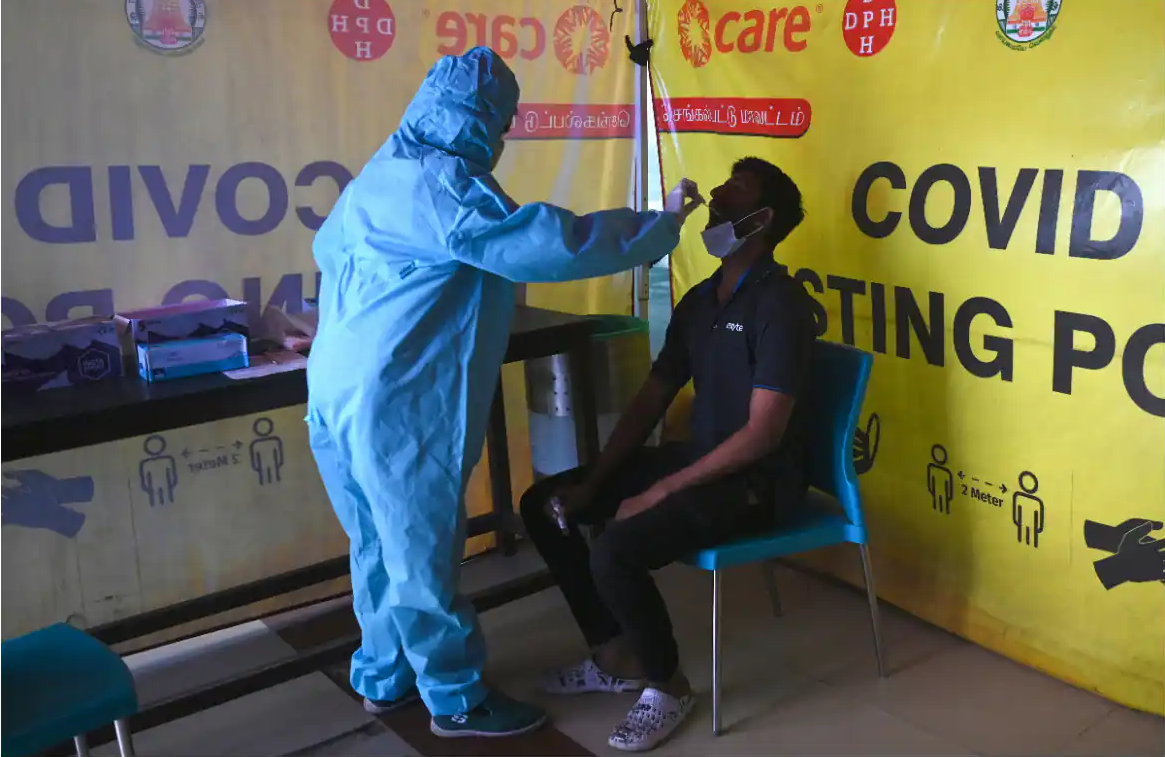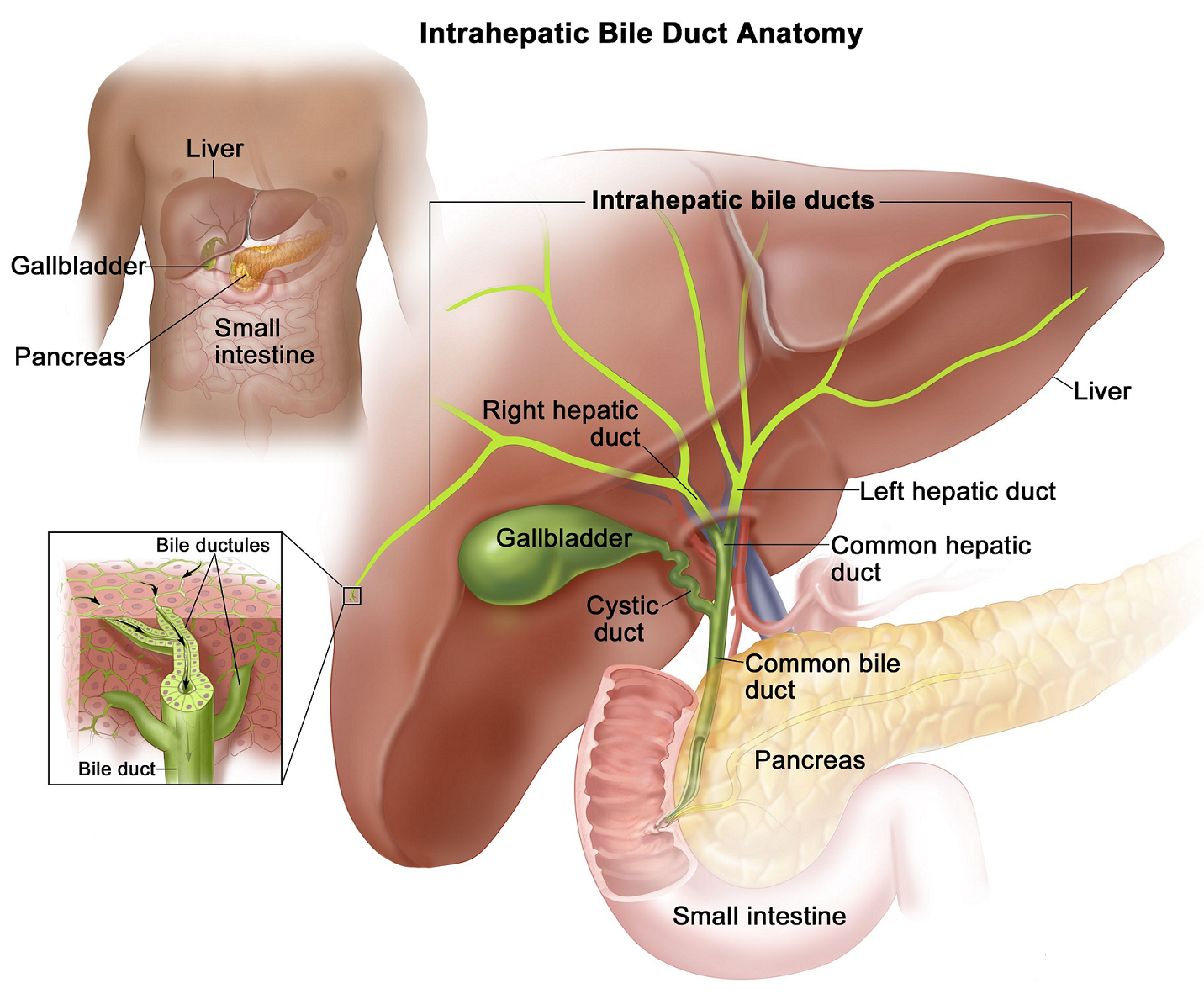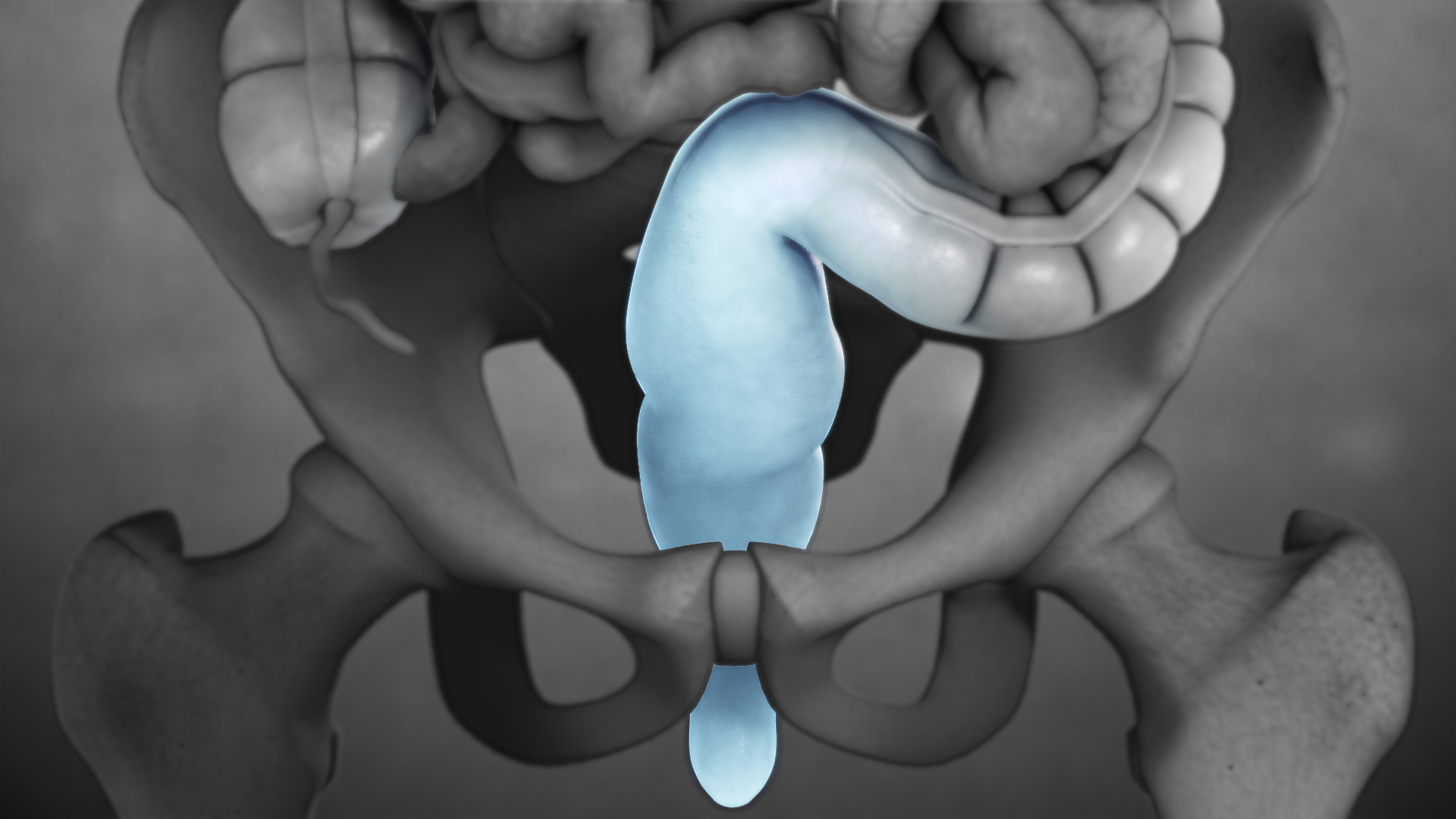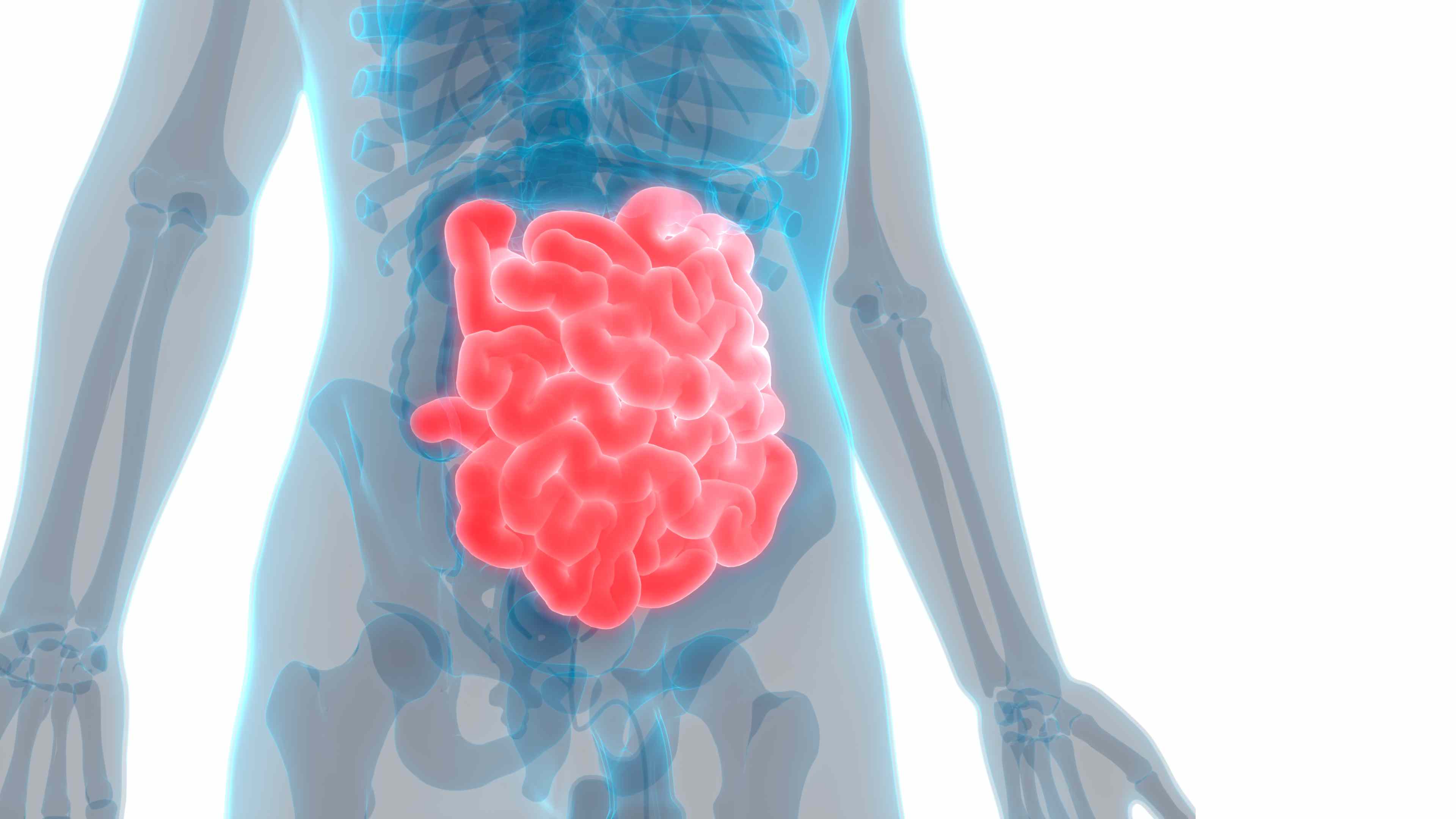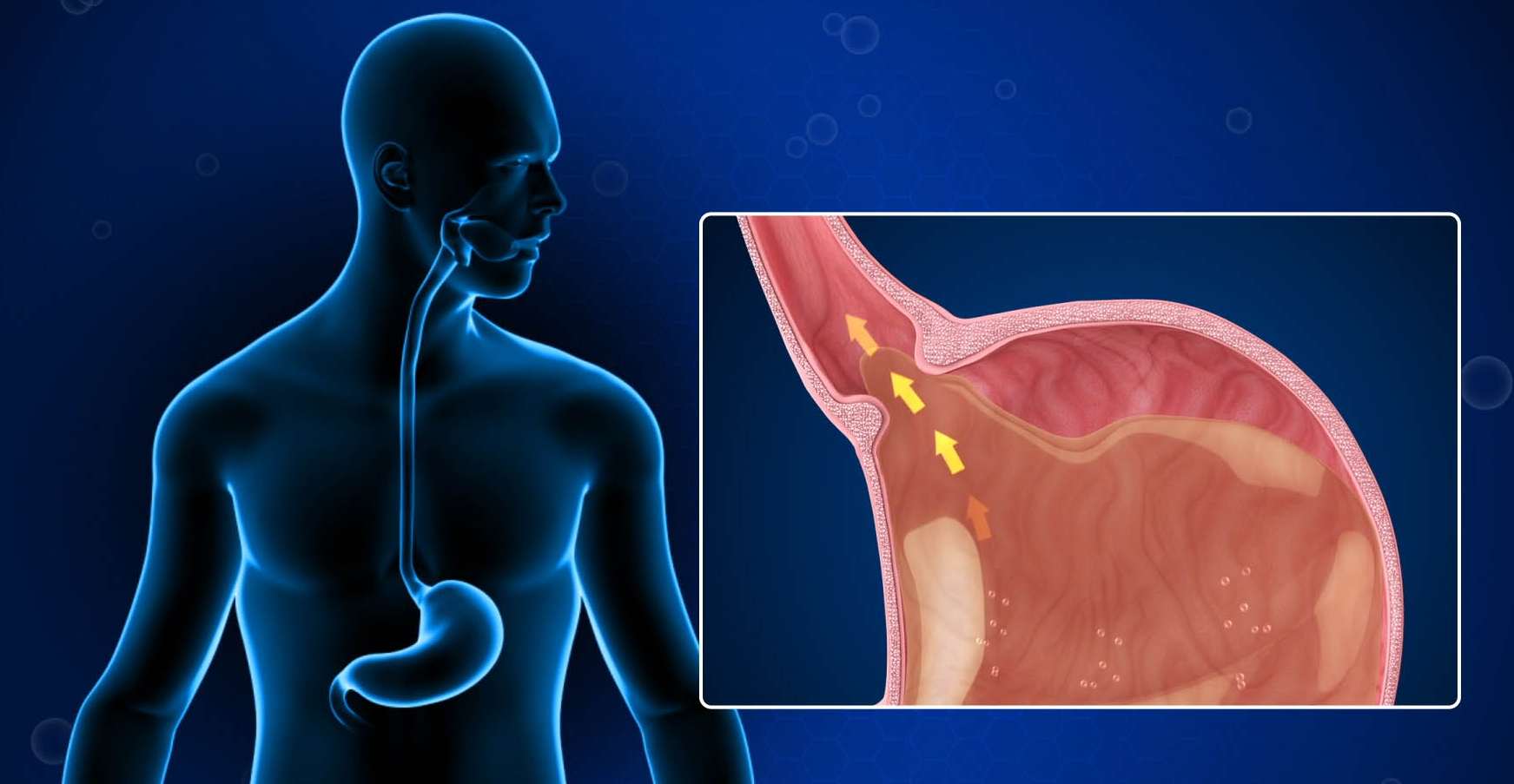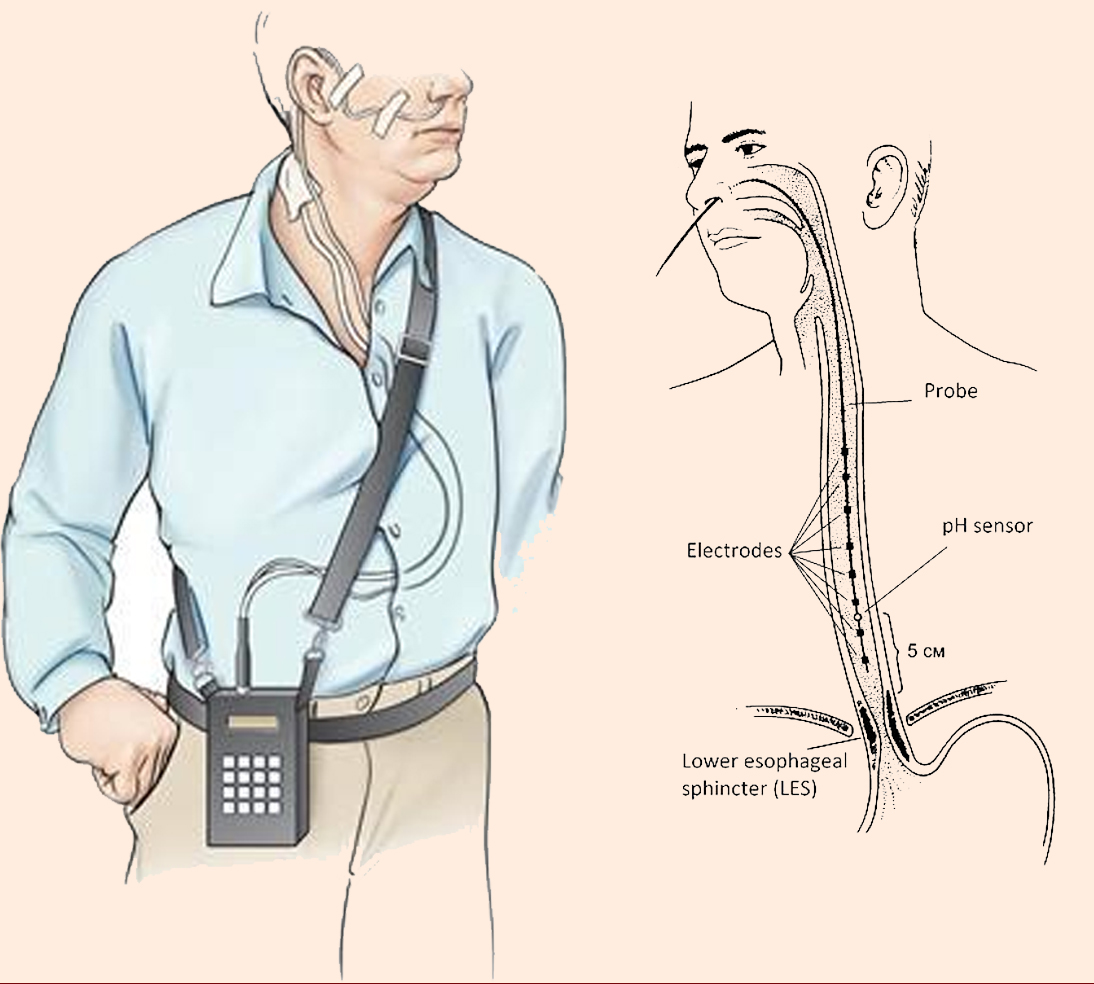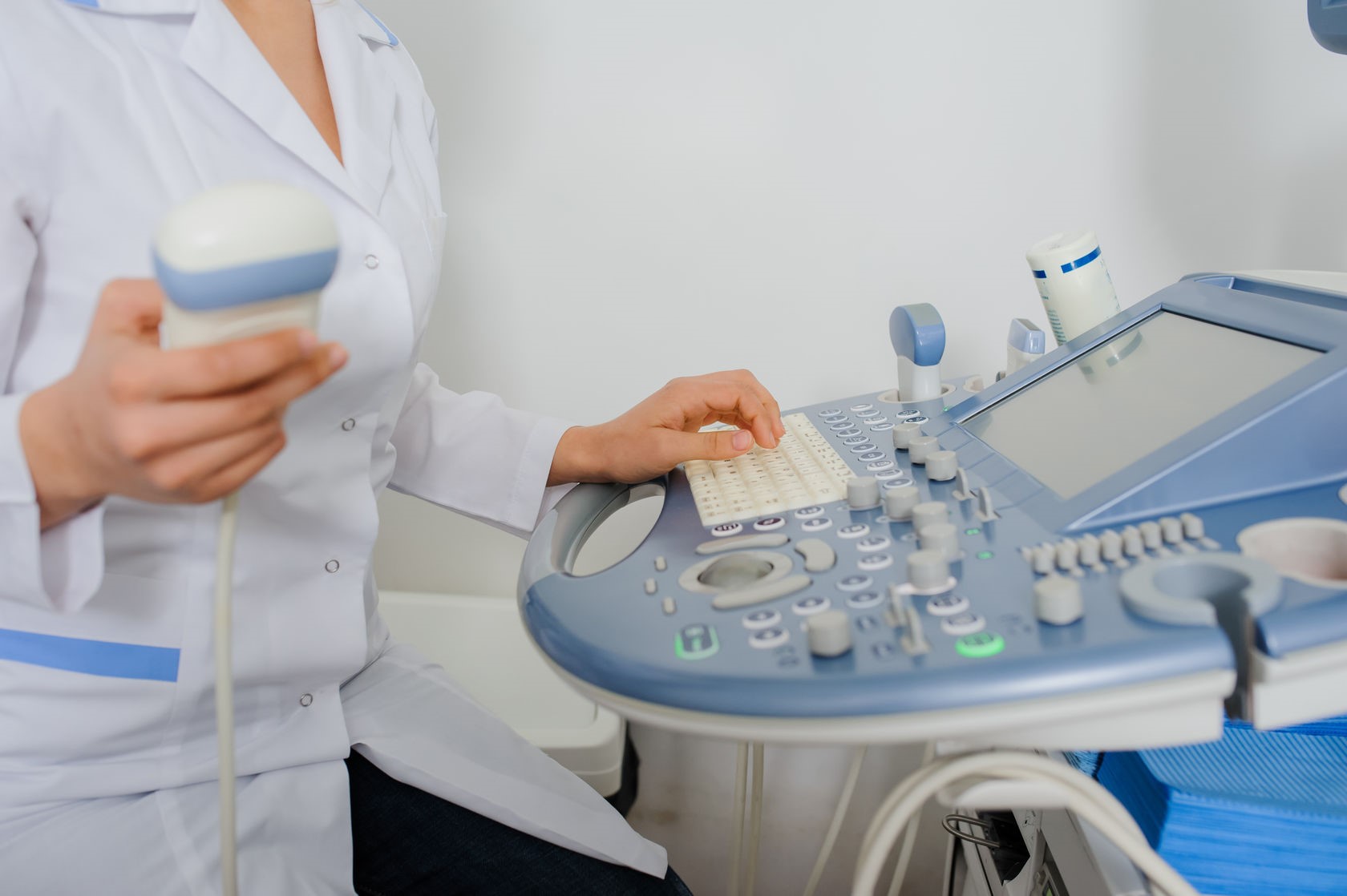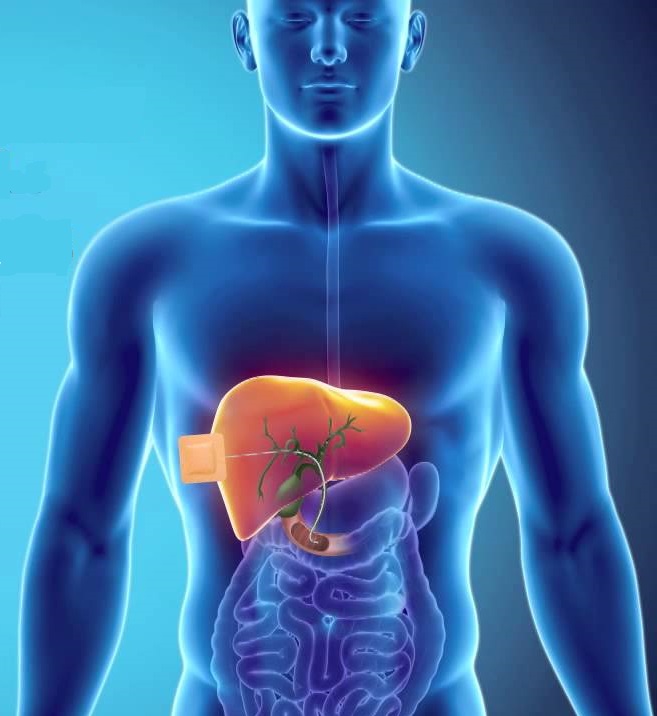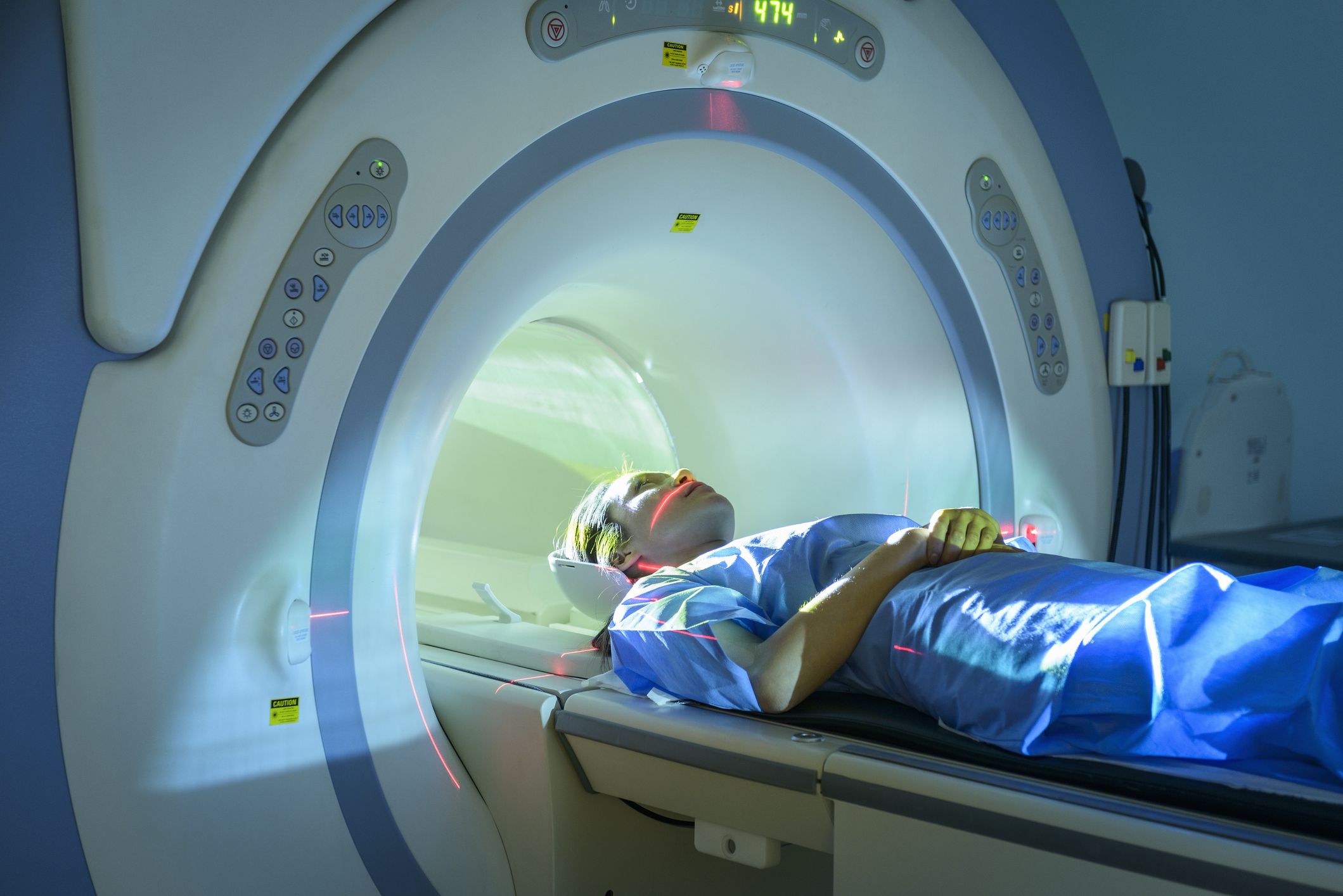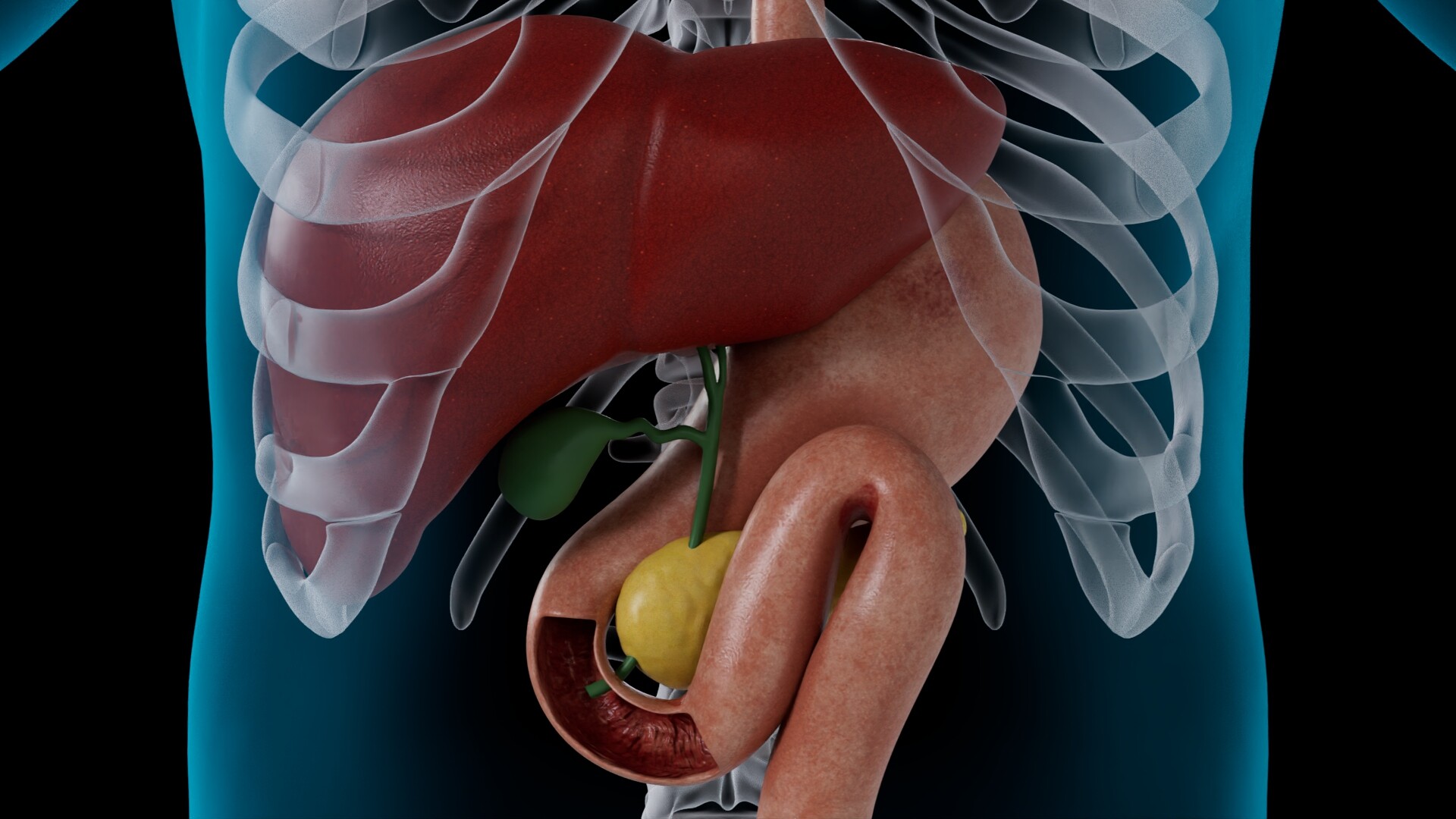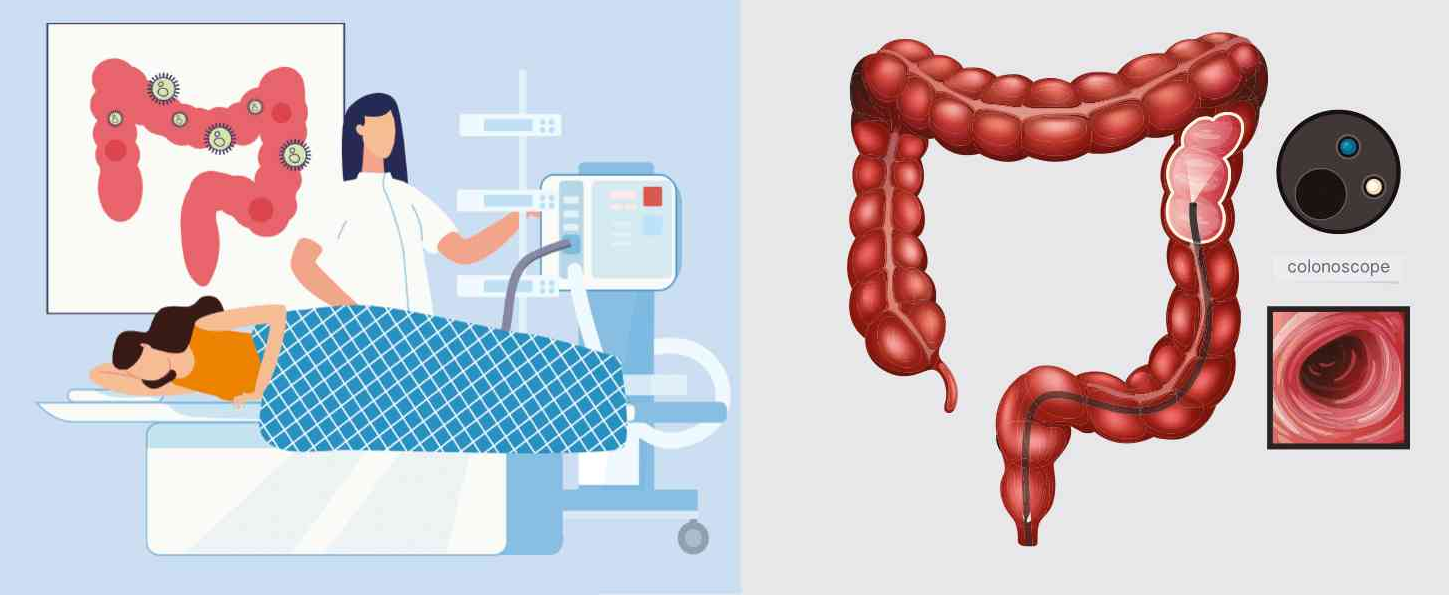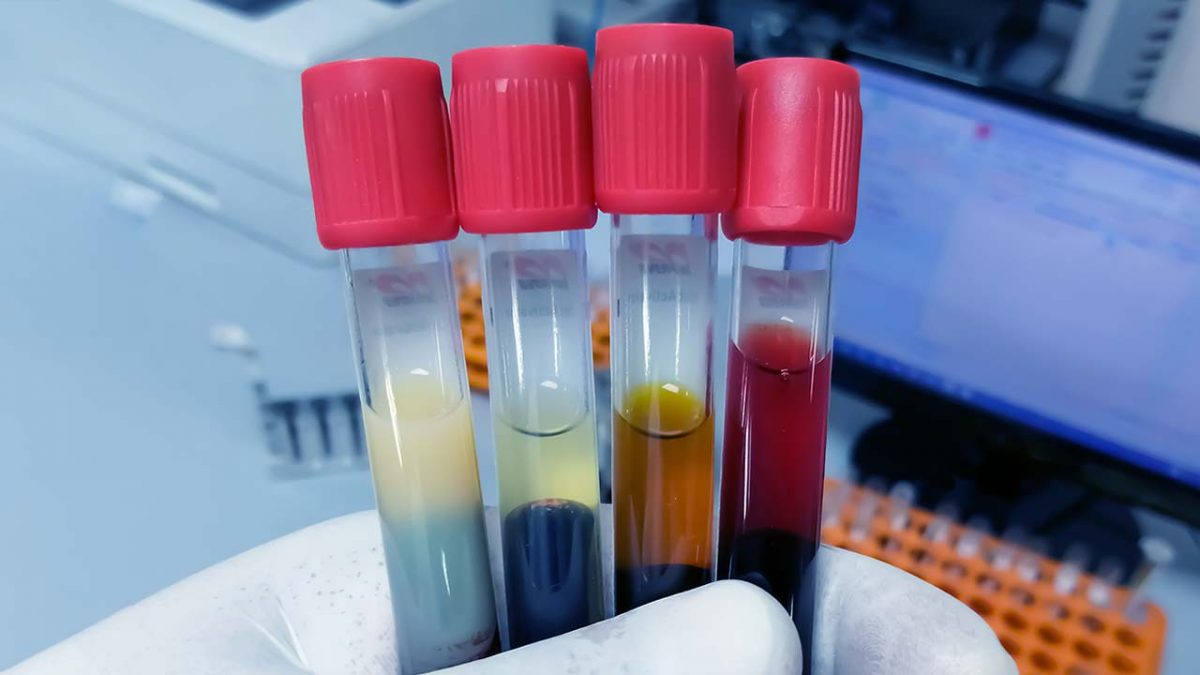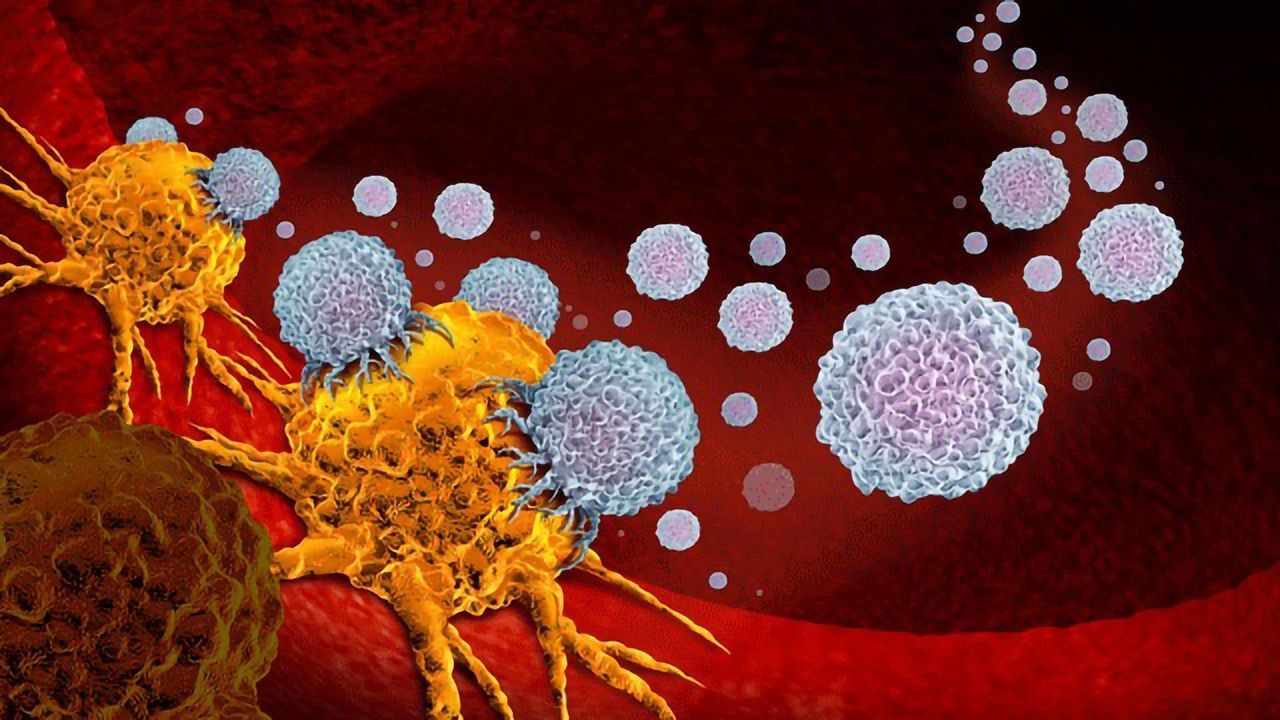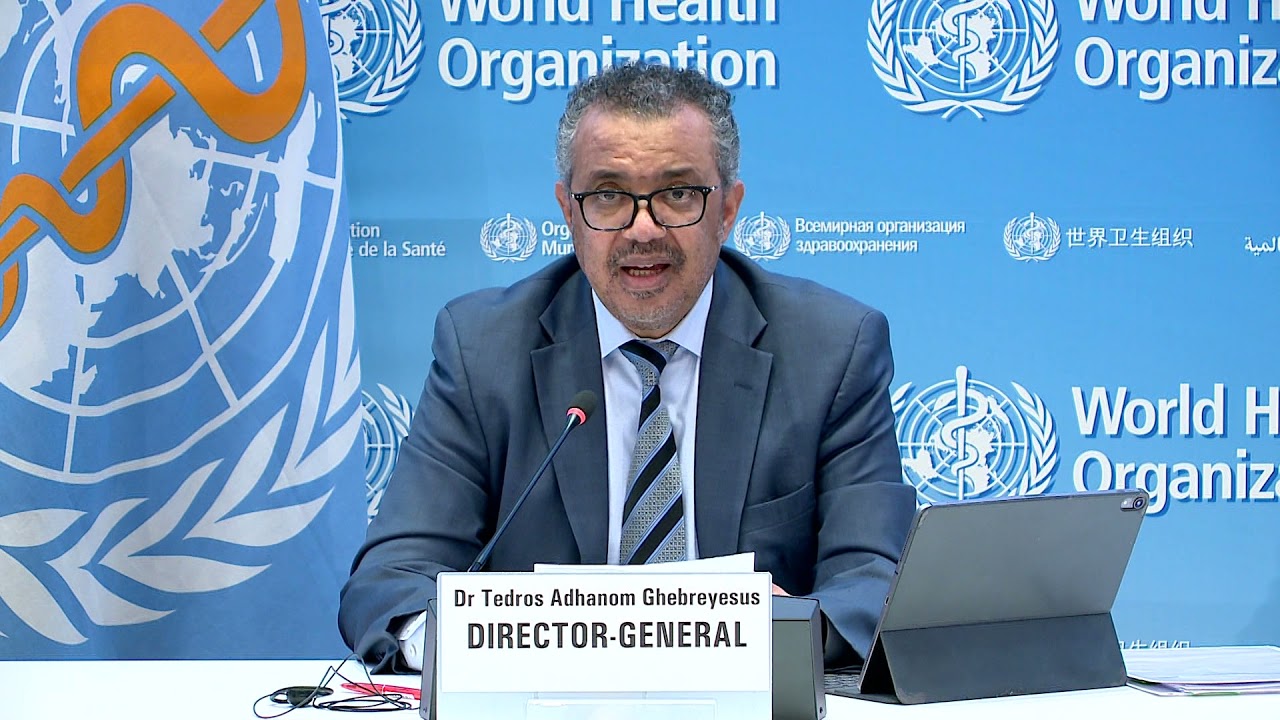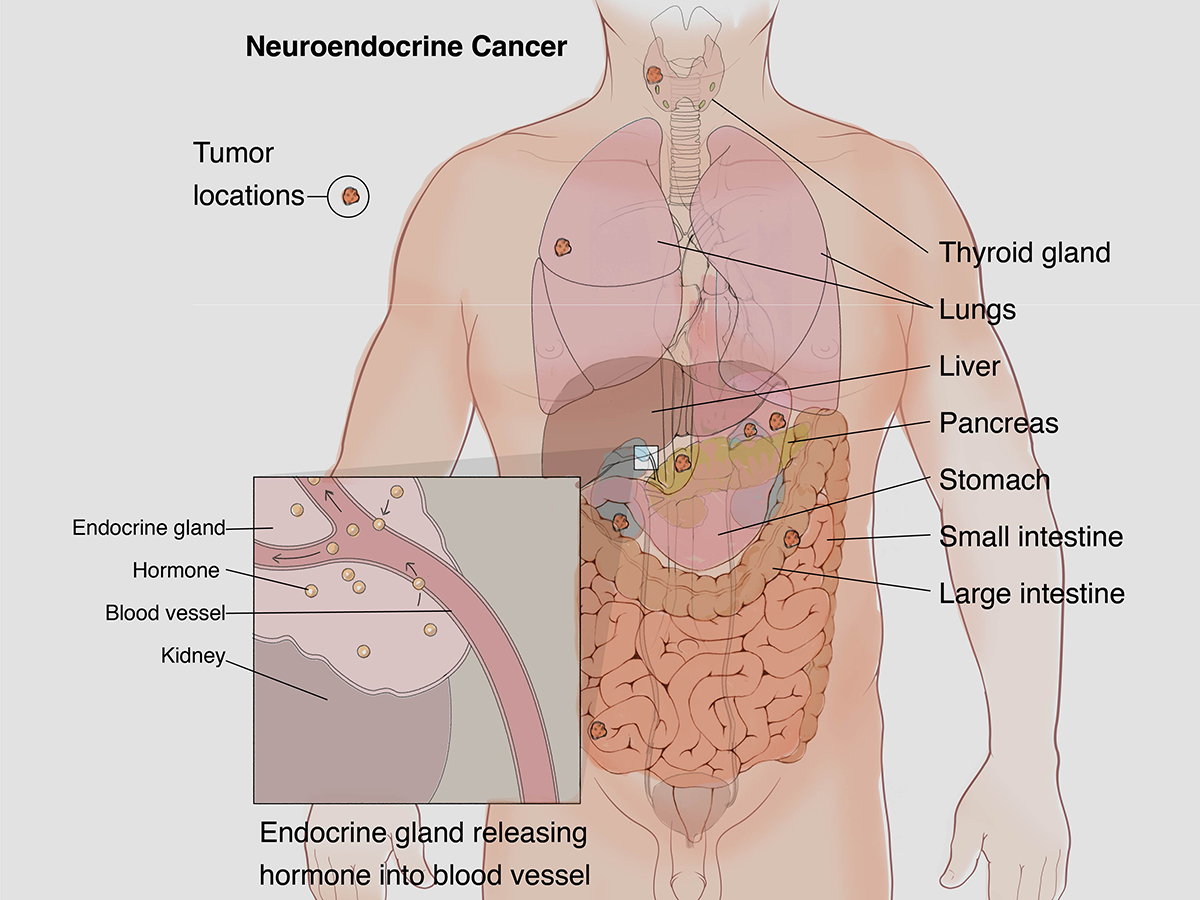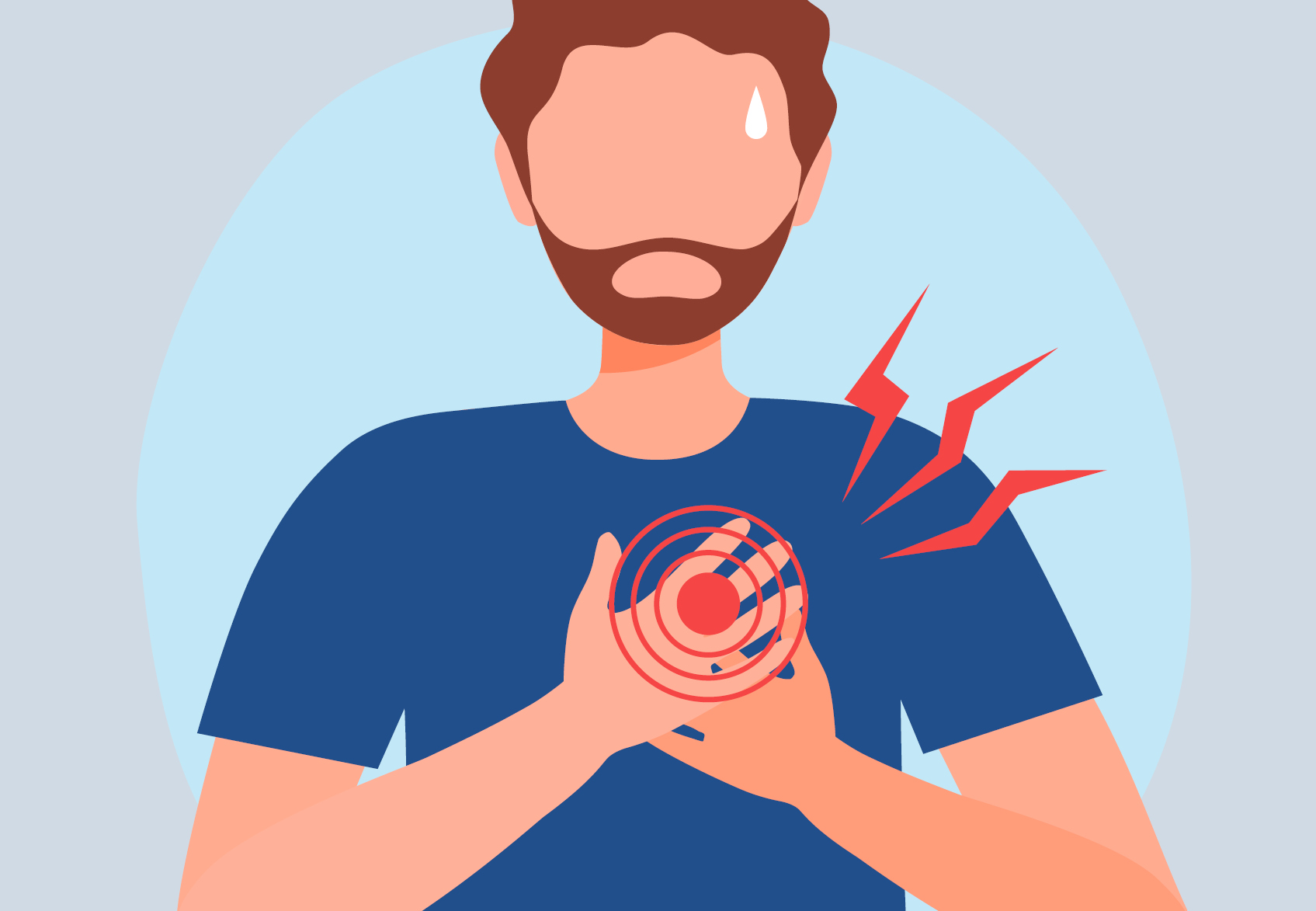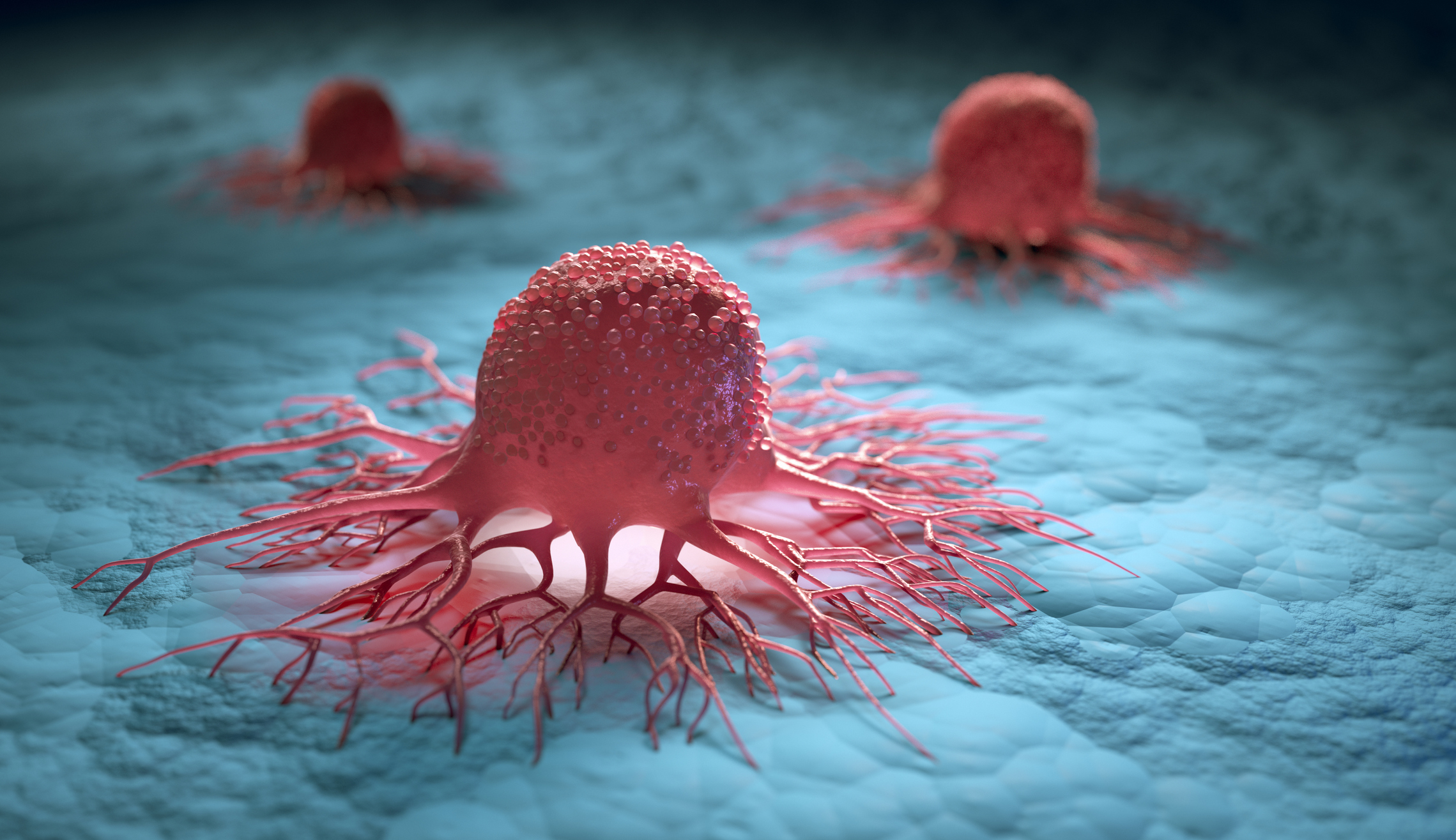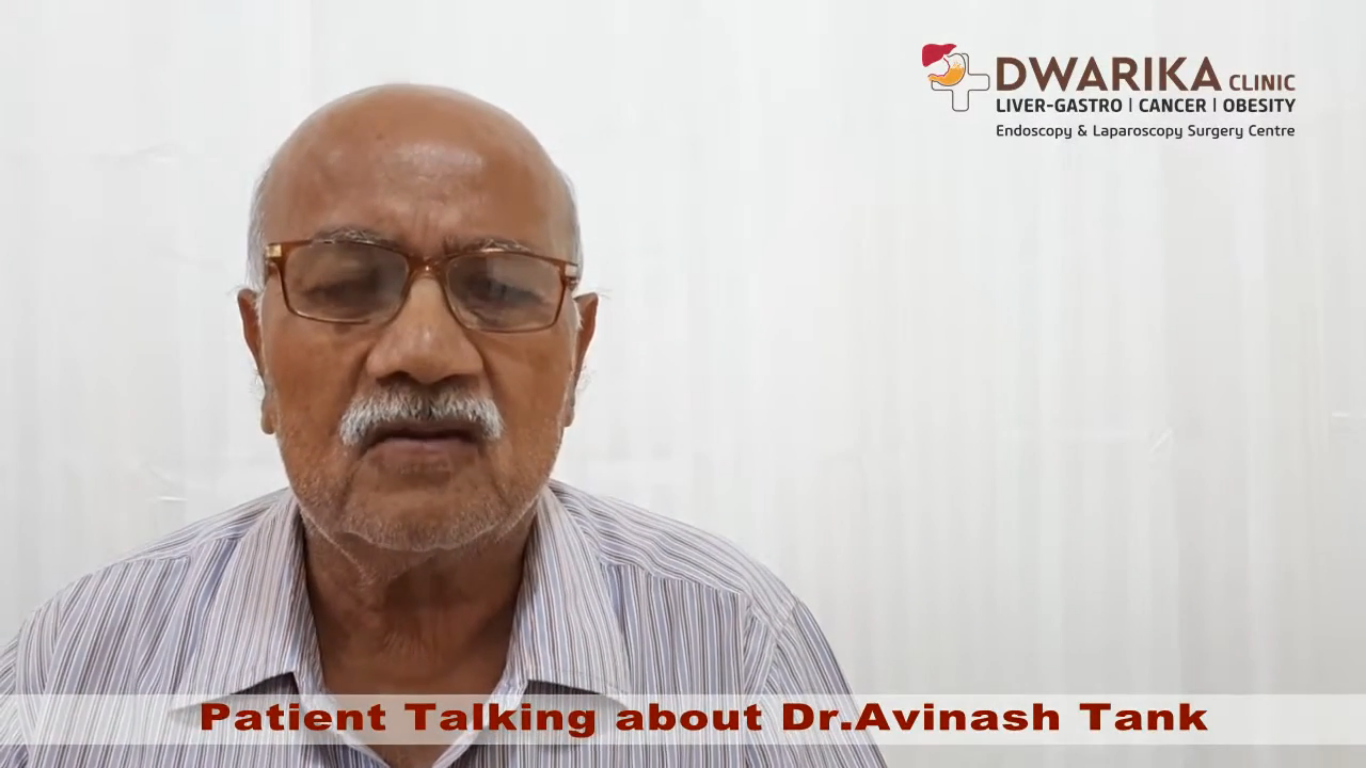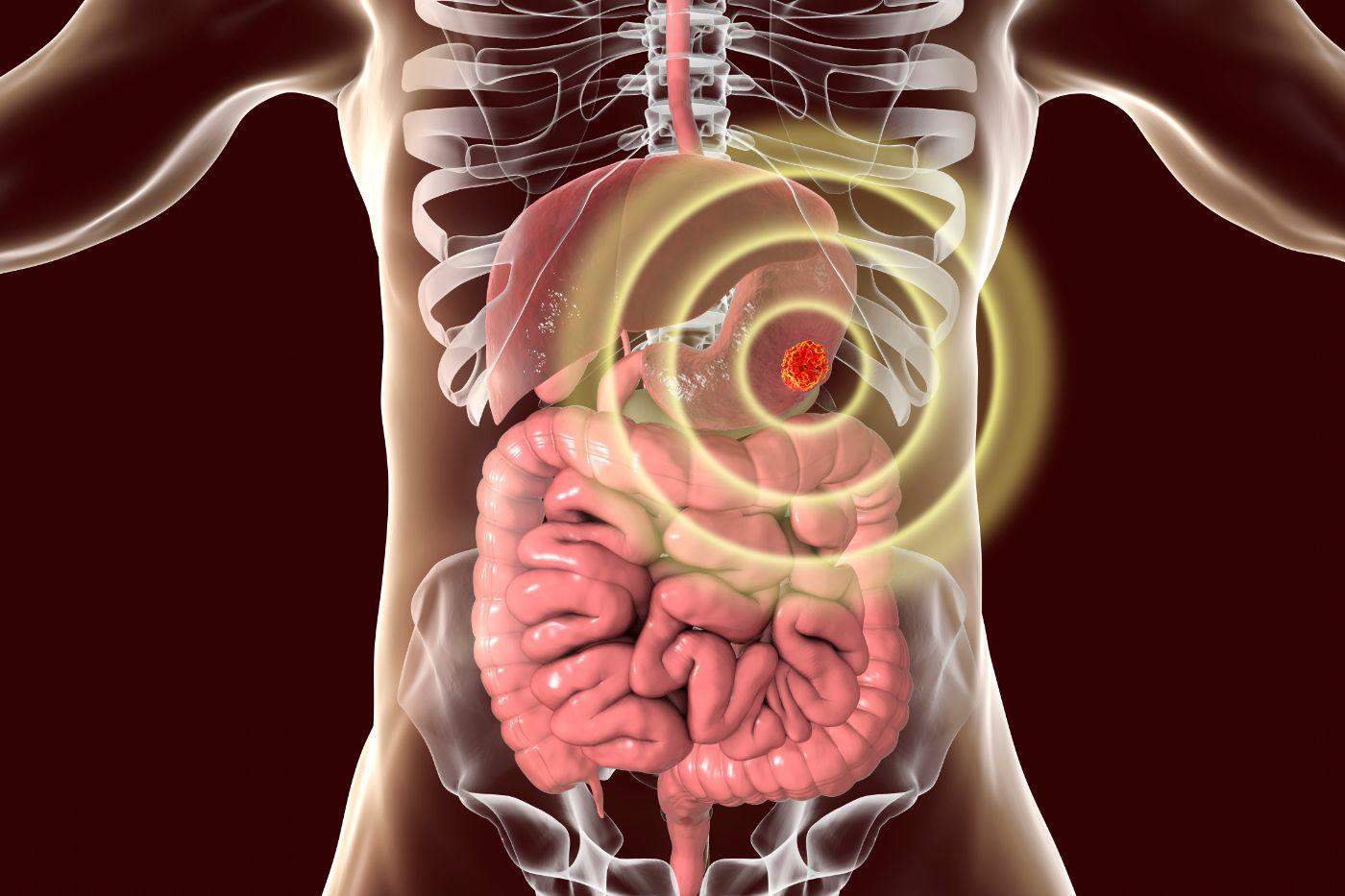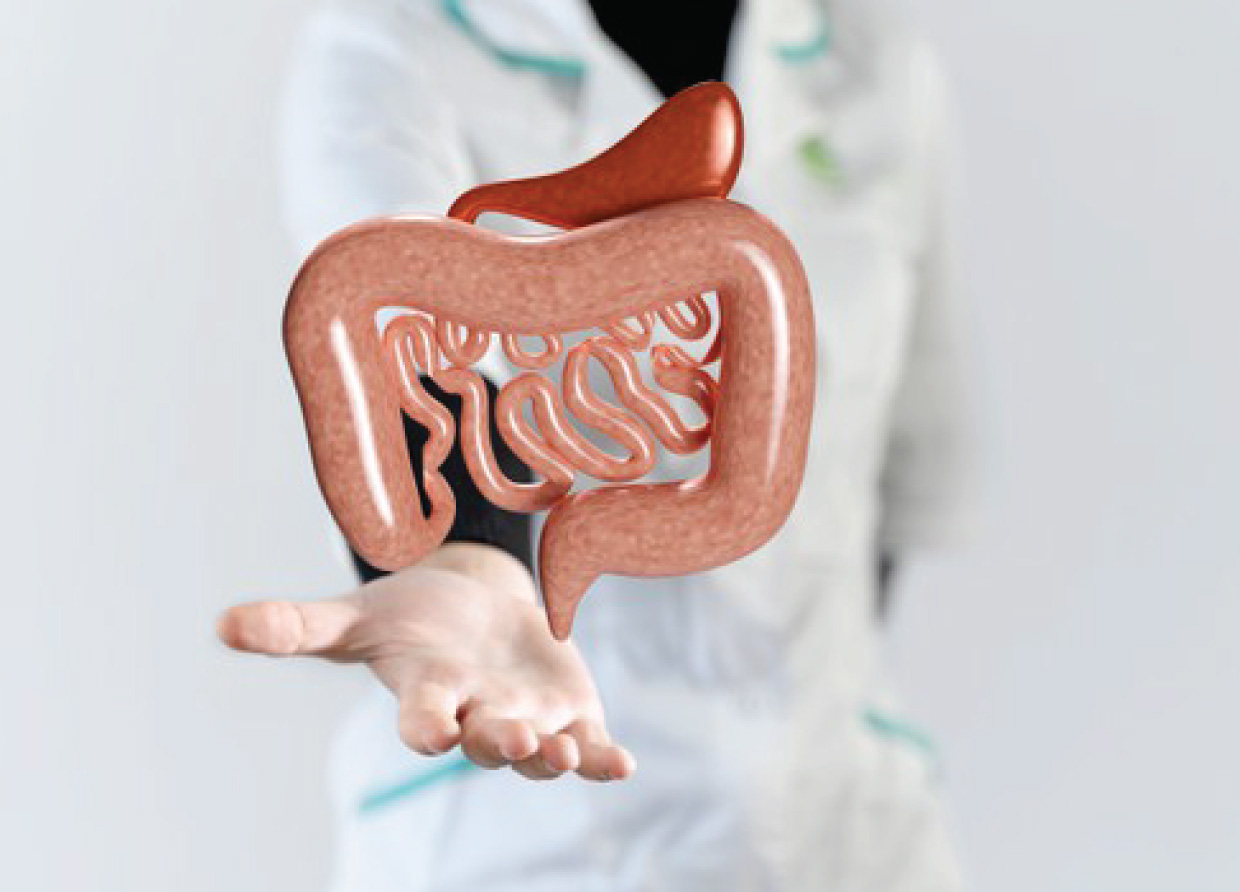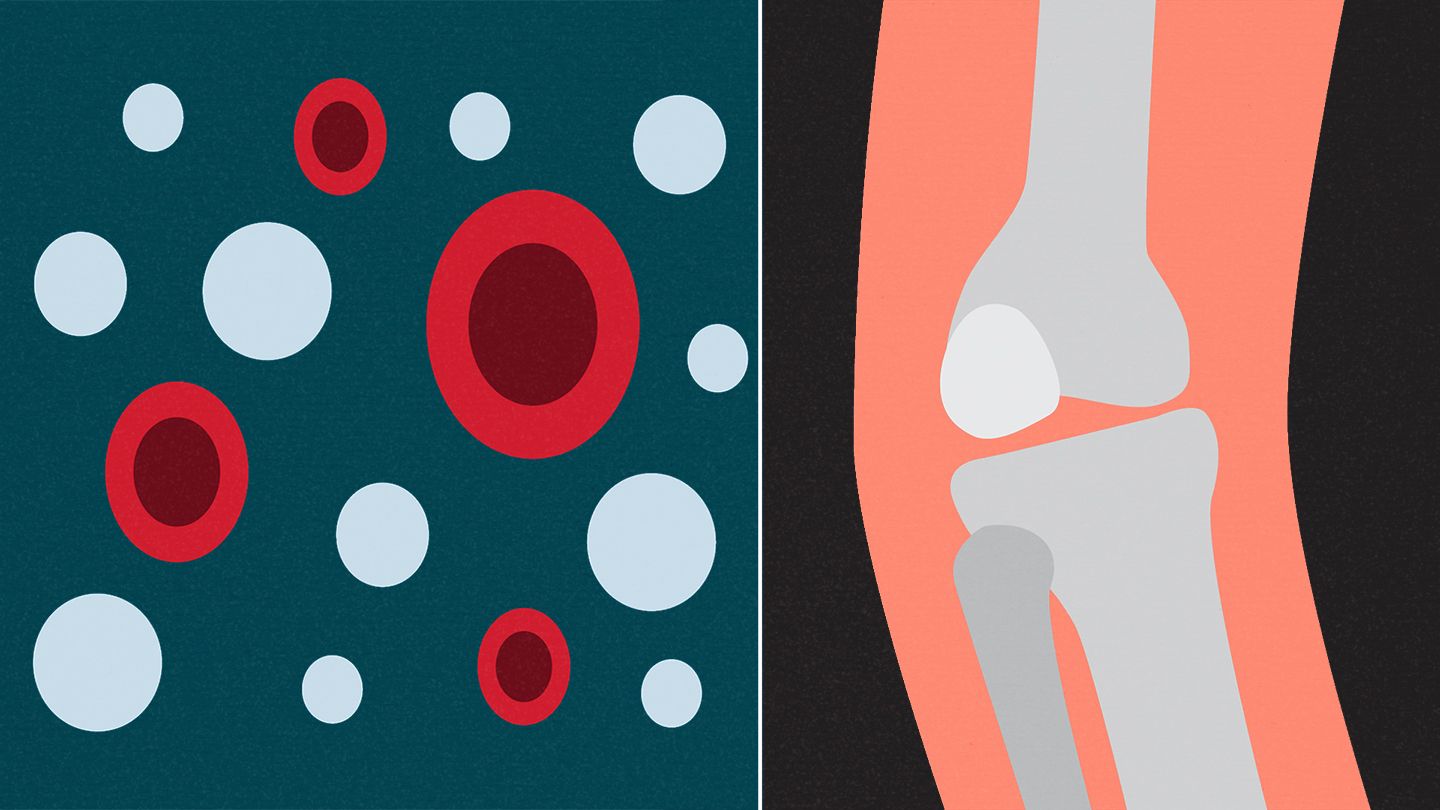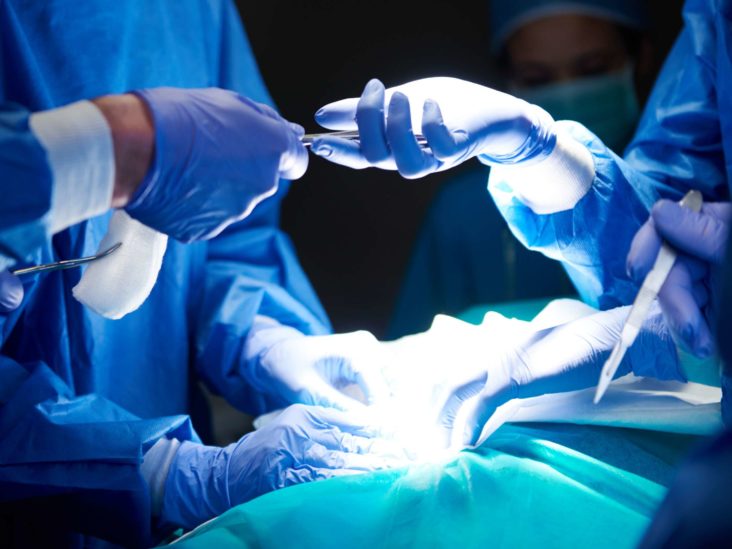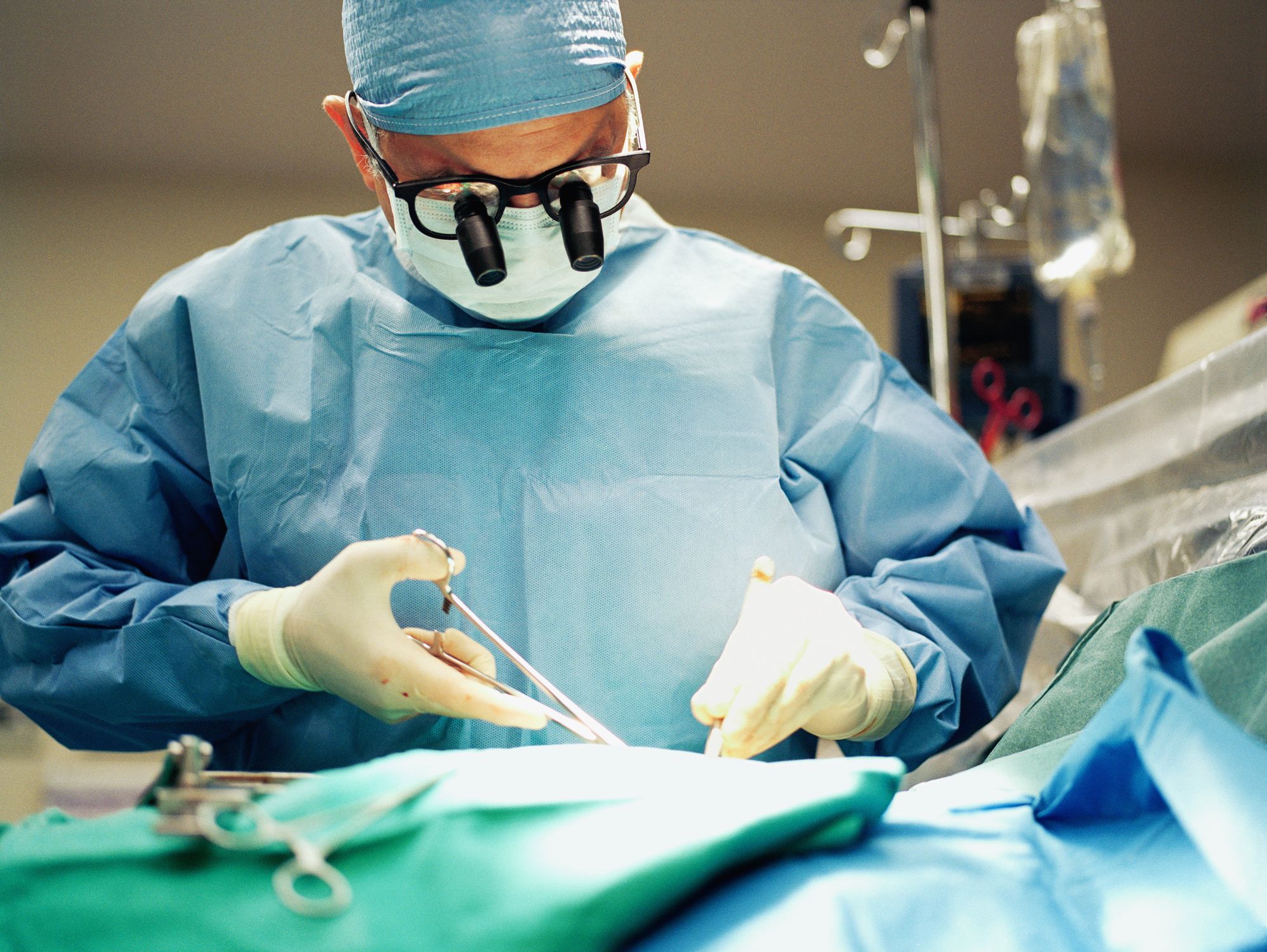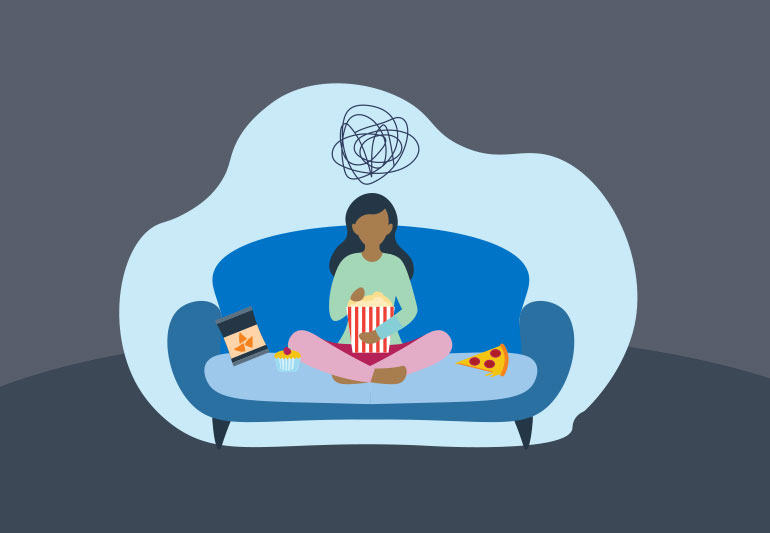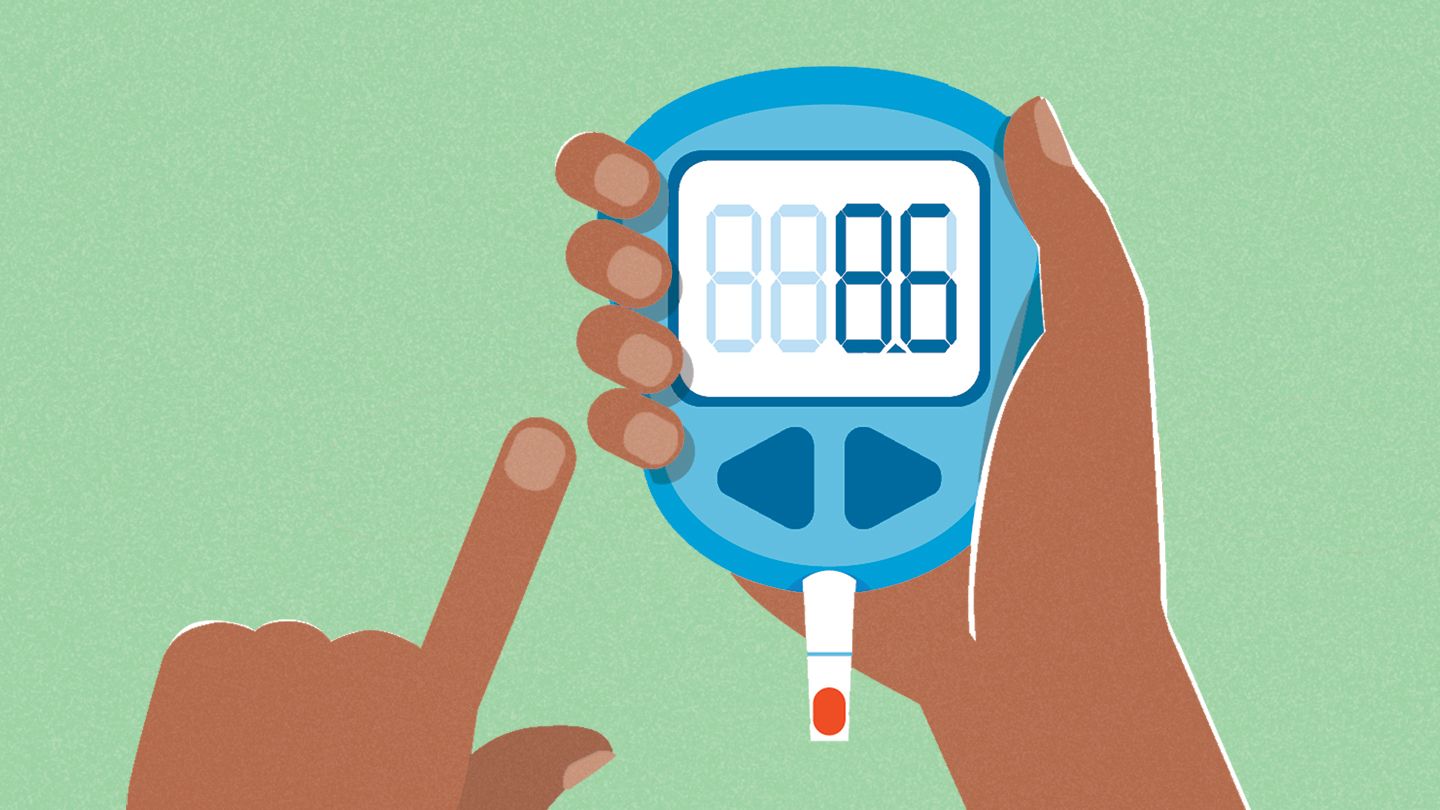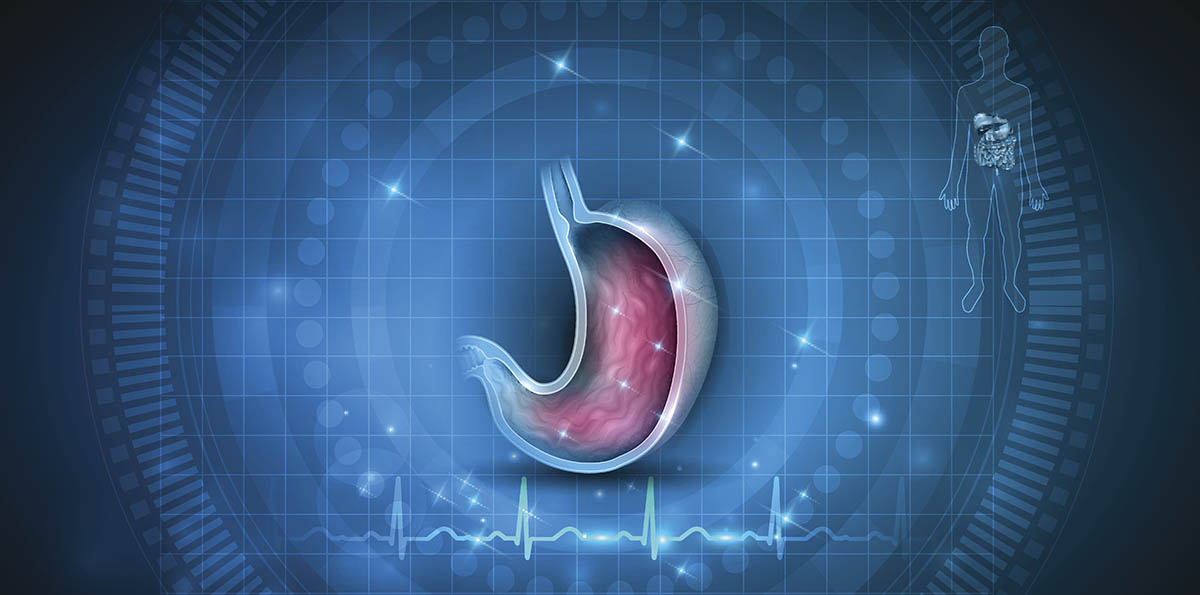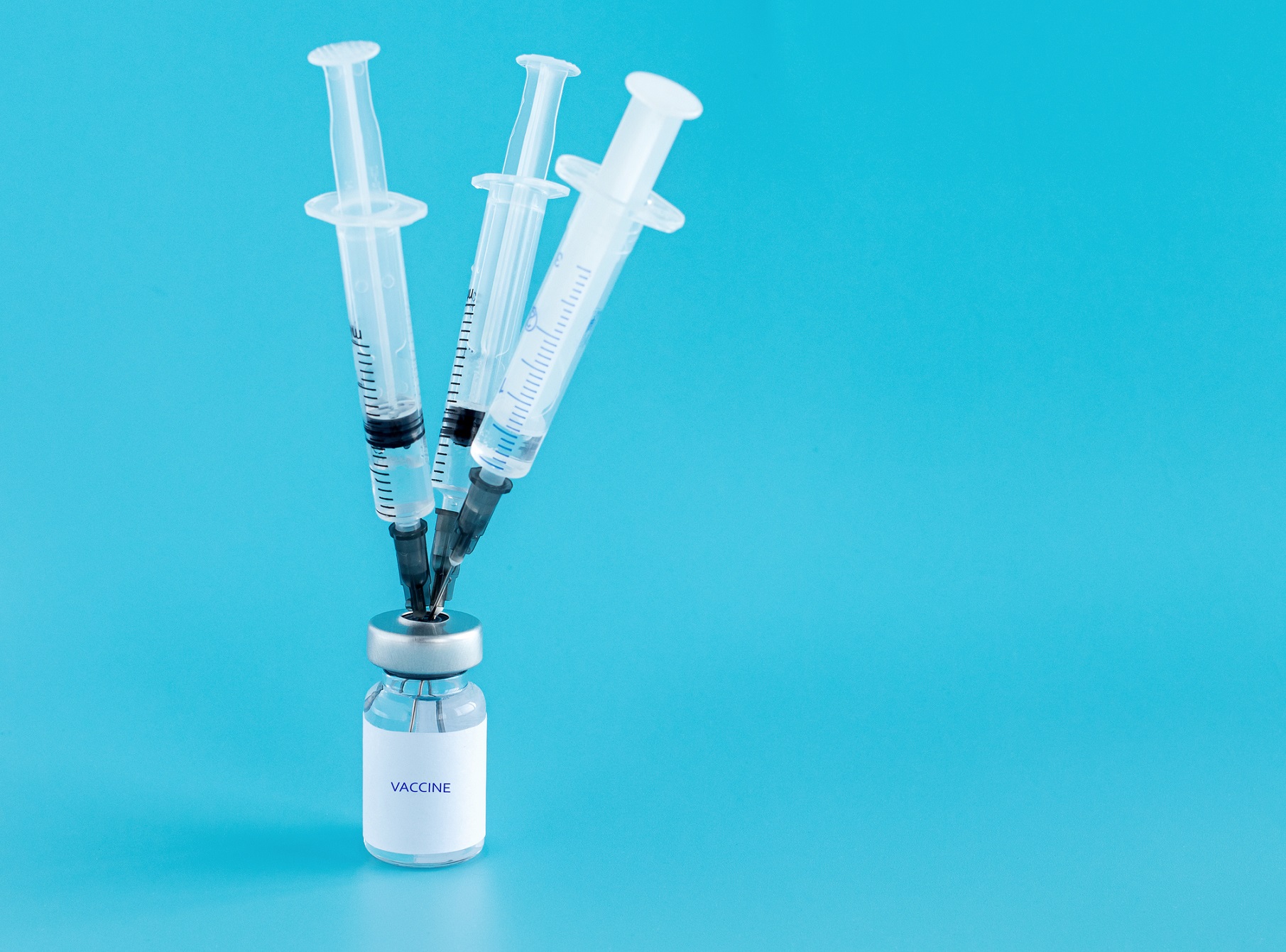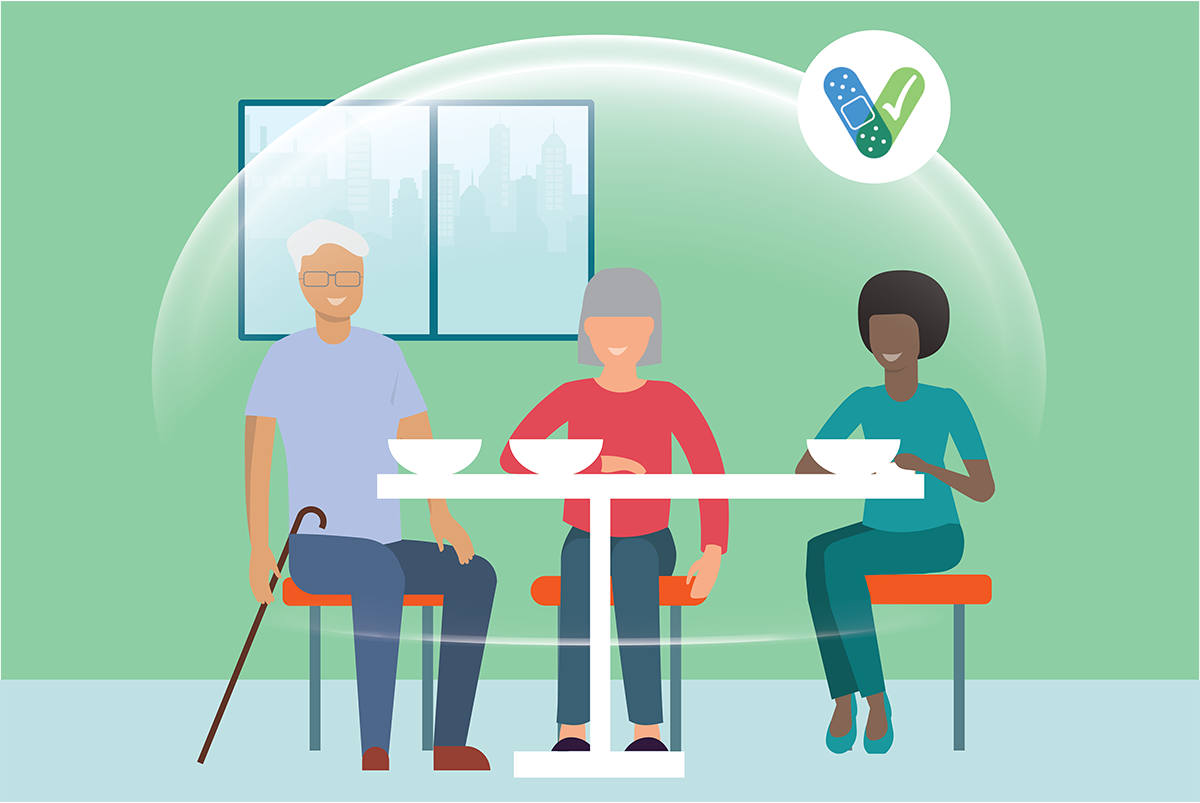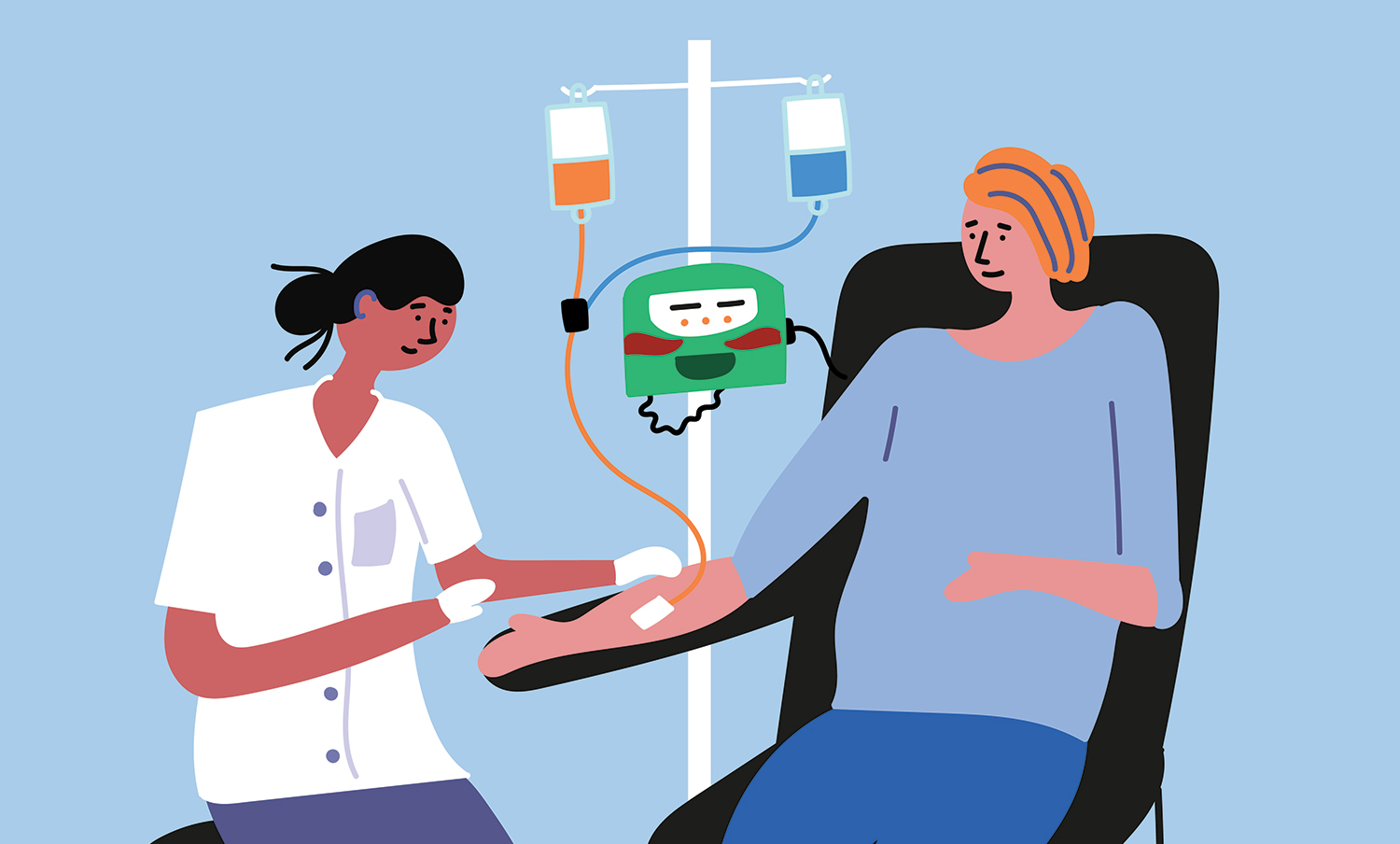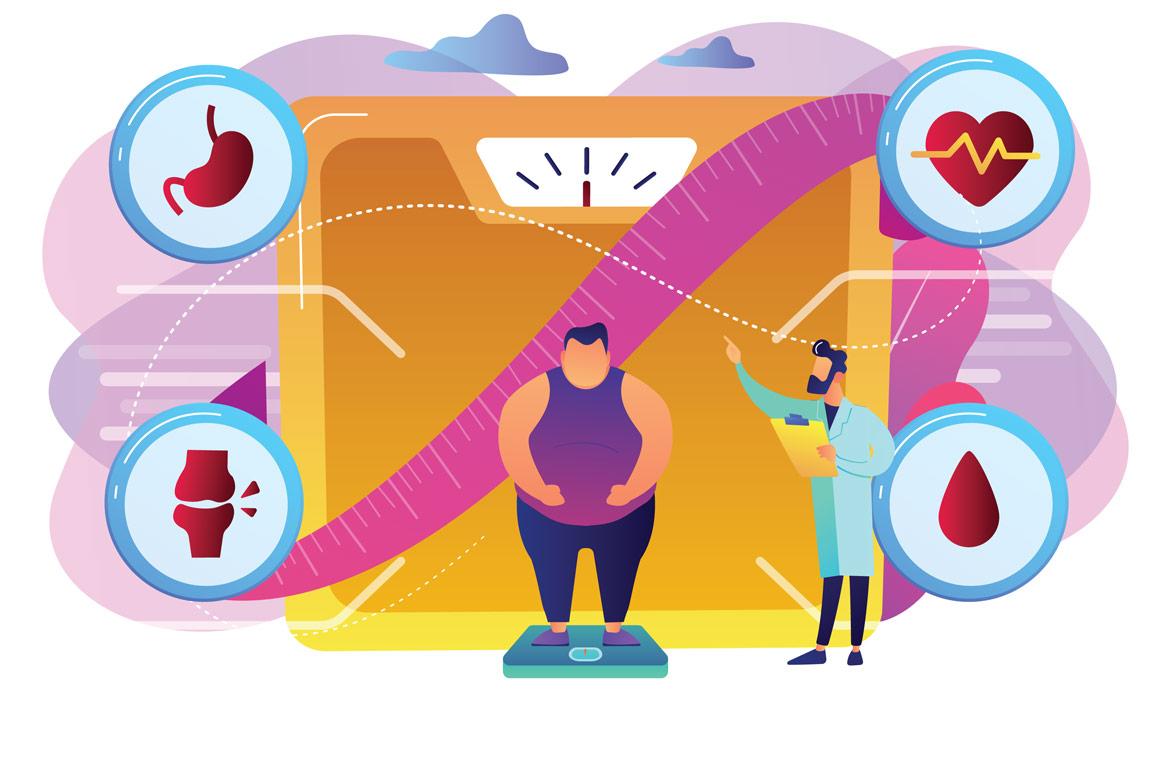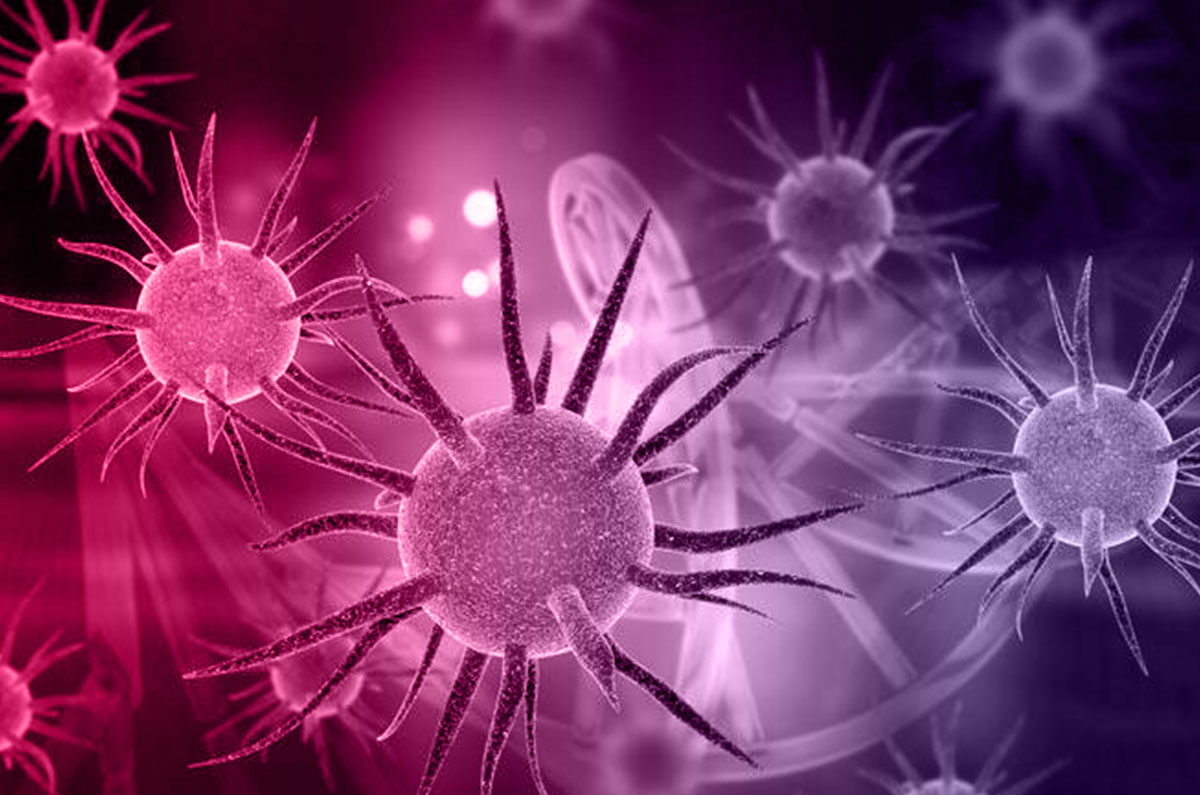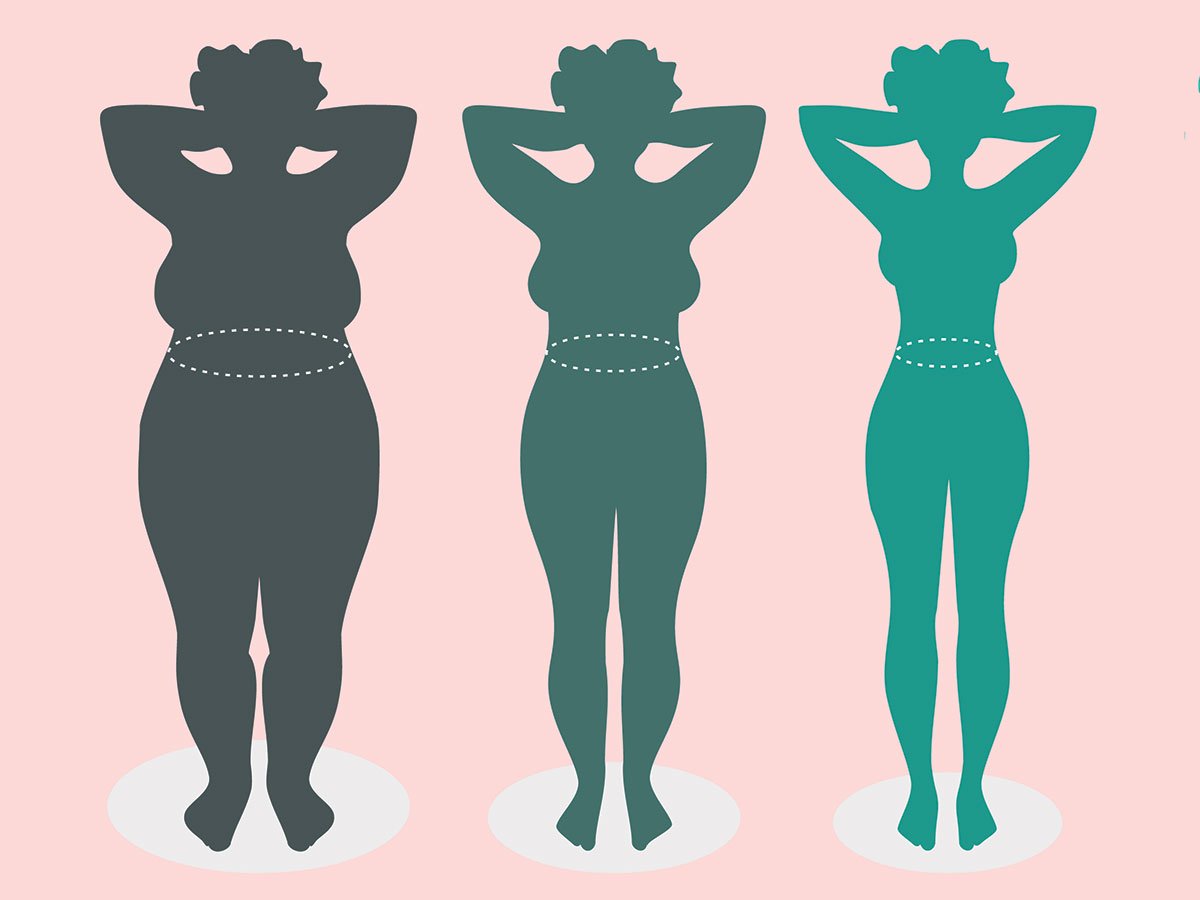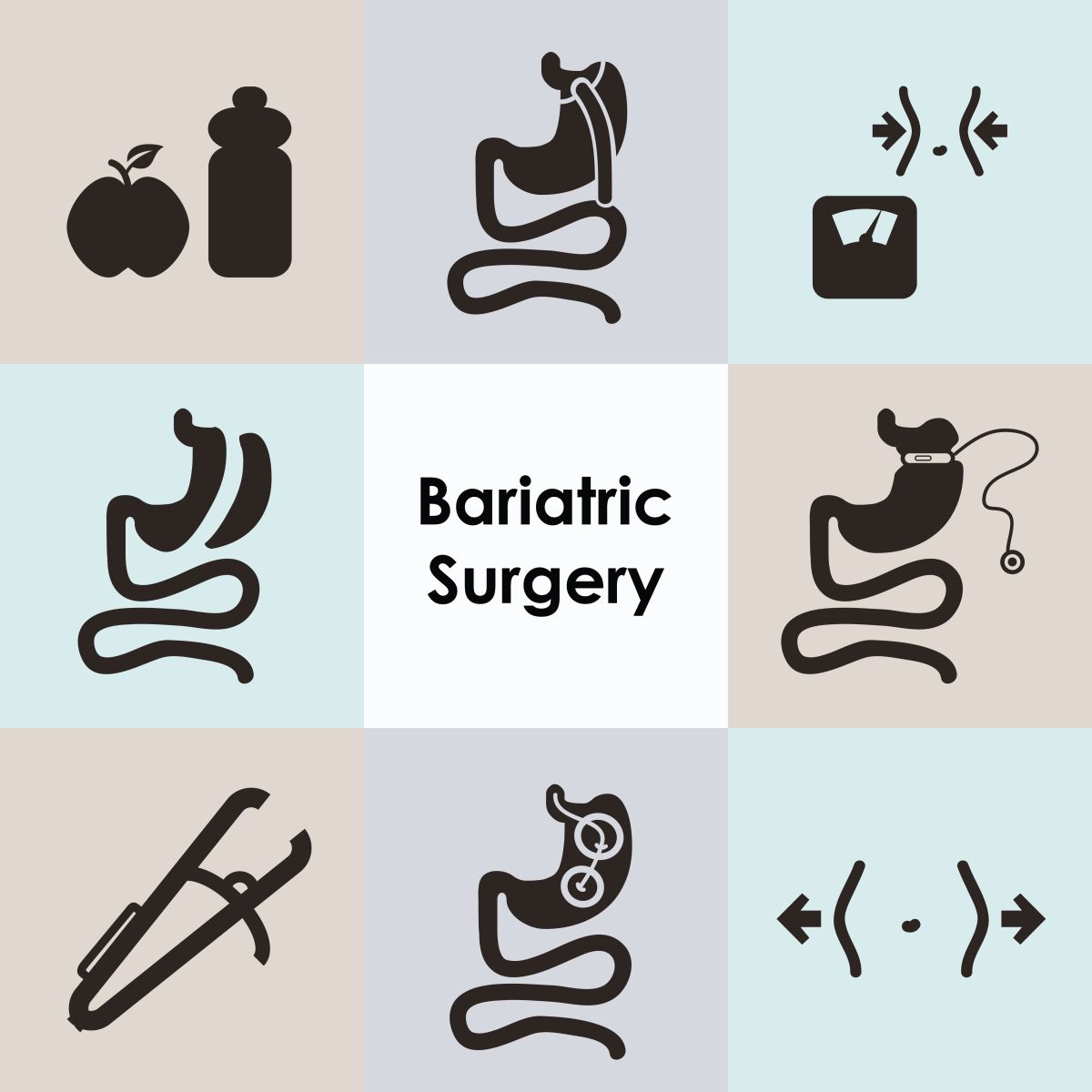Cancer Survivor Guide
Life after colorectal cancer for young adult survivors
A growing number of adults under age 50 are facing colorectal cancer, and while cancer at any age brings lifestyle changes, these changes can be especially challenging for those who are just starting their careers, dating, thinking about becoming parents, or caring for kids or aging parents.
Summary: 60 Second Read
In this article you will learn about what changes you can expect after colorectal cancer treatment and how to cope with them.

A major reason behind these challenges is that colorectal cancer treatment- often surgery plus chemotherapy or radiation- can impact everything from bathroom use to fertility to mental health.
So, what can young colorectal cancer survivors expect and what are the best ways to cope with them?
Bathroom use after colorectal cancer treatment
If the tumor is too low to allow for the digestive tract to be reconnected after surgery, colorectal cancer patients may end up with a new waste collection method that uses an external pouch, called an ostomy.
Once the patient gets over having an ostomy, they can live their lives as they did before. The patient won’t get an infection around port.
Even patients with only a temporary bag can expect to make adjustments to their lifestyle. Losing part of the rectum has significant functional implications because there’s loss of storage capacity and sometimes control. It’s also possible to have urgency, frequency and predictability concerns. The patient's healthcare team will help them adjust and work through those issues.
Sex after colorectal cancer treatment
About 30% of men who undergo surgery and radiation as part of their colorectal cancer treatment will have some change in their sexual function. Complaints are typically along the lines of the erection not being as firm. Some men can also have retrograde ejaculation, which means the semen gets ejaculated back into the bladder. It can be uncomfortable
While more research about female sexual function is needed, women’s sexual complaints after colorectal cancer treatment can include vaginal dryness and discomfort. Patients shouldn’t be shy about discussing their concerns with their doctor.
For patients who continue to experience sexual difficulty, they are recommended to a Psychiatrist or Urologist or both, so that the psychological and the organic aspects of sexual function can be addressed.
Fertility after colorectal cancer treatment
Chemotherapy and radiation can decrease fertility. But patients now have options for preserving their fertility before starting cancer treatment, and the sooner you investigate these options, the better.
It’s a discussion that should be held as soon as possible after the diagnosis and before the start of treatment.
Physical changes after colorectal cancer surgery
Most colorectal cancer patients experience physical changes after surgery.
Scarring is common, so it’s important that patients speak with their surgeons upfront about what to expect. Patients undergoing open surgery, for instance, will typically have a vertical scar in the middle of the front of the body. Laparoscopic and robotic surgery makes small incisions that can be more easily hidden.
Patients with advanced disease that has progressed to other organs or those with recurrent disease in the pelvis may have more than just their rectum removed. Other pelvic organs, such as the bladder or vagina, may also need to be removed.
Mental health after a colorectal cancer diagnosis
There is at least some anxiety when patients meet the doctors for the first time because they have a lot of fear about what’s ahead. Sometimes this comes out as anger, frustration or sadness. Usually, when patients receive their treatment plan, they get so focused on what’s happening next that the anxiety subsides. Once they stop treatment and they enter into the survivorship phase, there’s another adjustment period. As they rebuild their life, there can be a window for depression.
There are people specifically skilled to help you adjust to your new normal. Speak with your healthcare team about resources and services that are available to you to address the physical and mental changes you’re facing.

